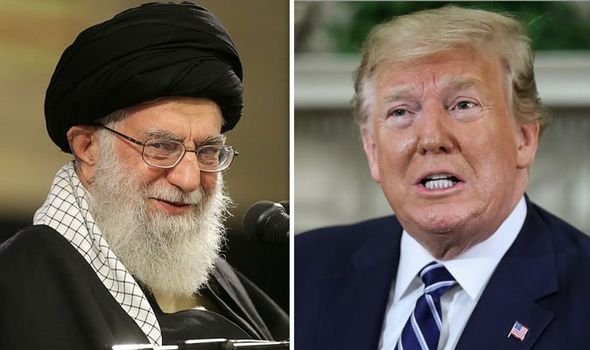US-Iran Nuclear Deal Talks Progressing “Very Positively” – U.S. Official
According to a report by major global media outlet CBS News, the United States and Iran engaged in their second round of discussions in Rome, Italy on Saturday, focusing on Iran’s rapidly advancing nuclear program.
US-Iran Nuclear Deal Talks Progressing “Very Positively” – U.S. Official
US-Iran Nuclear Deal Talks Progressing “Very Positively” – U.S. Official
Rome, April 20, 2025 —
According to a report by major global media outlet CBS News, the United States and Iran engaged in their second round of discussions in Rome, Italy on Saturday, focusing on Iran’s rapidly advancing nuclear program.
U.S. Middle East envoy and billionaire Steve Witkoff met with Iranian Foreign Minister Abbas Araghchi at the Omani Embassy located in the Camilluccia district of Rome. The talks were mediated by Omani Foreign Minister Badr Al-Busaidi.
A U.S. official told CBS News:
“In today’s second round of discussions in Rome, we held over four hours of direct and indirect talks, and made very good progress. We’ve agreed to meet again next week, and we thank Oman and Italy for being our partners in this effort.”
After the meeting, Iranian Foreign Minister Araghchi confirmed that the third round of talks would take place in Oman on April 26, with expert-level meetings scheduled beforehand.
Araghchi stated:
“The discussions were held in a constructive atmosphere, and I can say they are moving forward. We hope to be in a better position after the technical-level discussions.”
National Security Council spokesperson Brian Hughes said U.S. President Donald Trump has made it clear that Iran must never acquire nuclear weapons, adding:
“All options remain on the table,” and warned, “These talks cannot go on forever.”
Last week, the first direct meeting between Witkoff and Araghchi took place in Muscat, the capital of Oman — a country long known for its role as a neutral mediator between Iran and the West.
In a statement published on X (formerly Twitter), Oman’s Foreign Ministry said both parties would continue negotiations toward an agreement that would allow Iran to “develop peaceful nuclear energy completely free from nuclear weapons and sanctions.”
Historical Context and Risks
These talks represent a significant diplomatic moment, considering the decades of tension between the U.S. and Iran since the 1979 Islamic Revolution and the subsequent U.S. embassy hostage crisis in Tehran.
In 2018, then-President Trump unilaterally withdrew from the 2015 nuclear deal (JCPOA), which had lifted sanctions in exchange for Iran limiting its uranium enrichment.
Currently, there are growing fears that failure to reach a deal could lead to U.S. or Israeli military action against Iranian nuclear facilities — or push Iran further down the path of building nuclear weapons.
Diplomatic Momentum
Italian Foreign Minister Antonio Tajani commented:
“Diplomatic solutions are built patiently, day by day, through dialogue and mutual respect.” He also noted that Italy is interested in hosting technical-level discussions.
IAEA Director-General Rafael Grossi met with Tajani on Saturday. Should a new deal be reached, the International Atomic Energy Agency (IAEA) would play a key role in monitoring its implementation.
Tensions in the region remain high due to several flashpoints, including the Israel-Hamas war, recent U.S. airstrikes on Iranian-backed Houthi rebels in Yemen (which killed over 70), and broader instability.
In this climate, the high-level dialogue between the U.S. and Iran is being seen as a hopeful avenue toward a diplomatic resolution.










